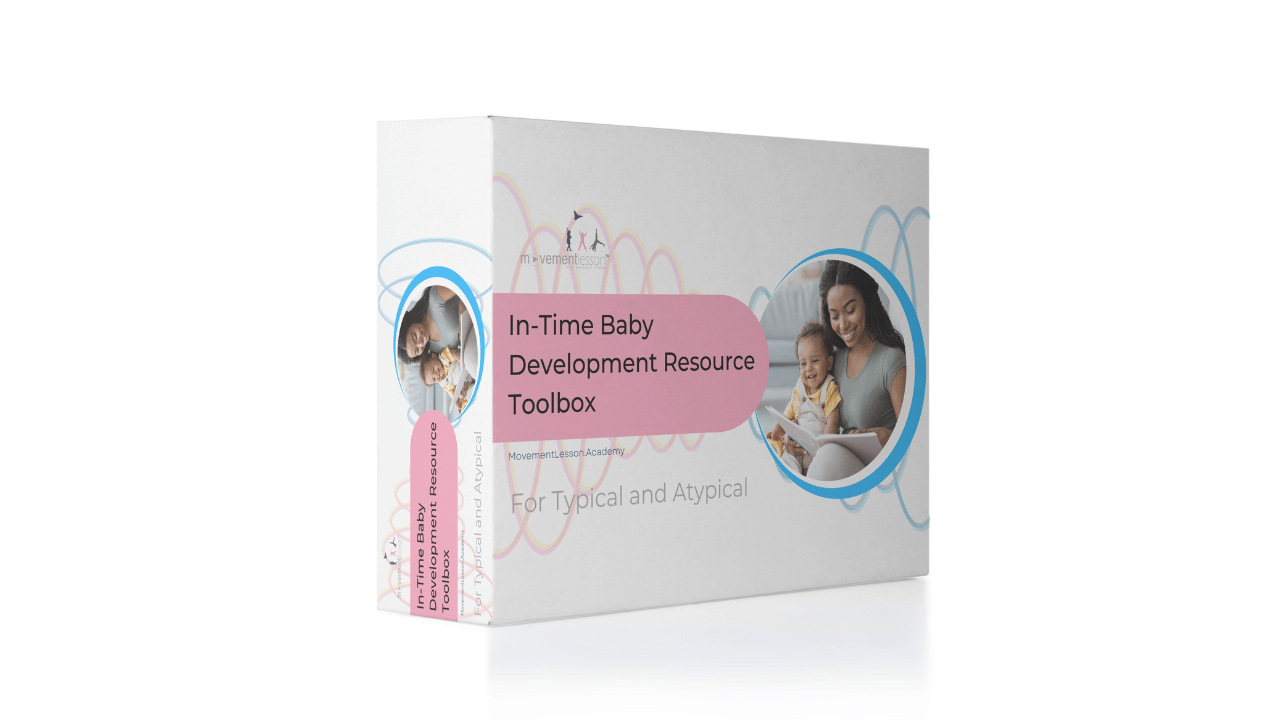21 Red Flags for Rare Genetic Disorders or Conditions PLUS 2 Bonus Helpful Tips

Here are potential red flags or signs that might indicate the presence of rare genetic conditions.
Keep in mind that we are not medical professionals, but we can provide you with some general information. If you suspect that you or someone you know might have a rare genetic condition, it's important to consult with a healthcare provider or a genetic counselor for proper evaluation and guidance.
To learn more about other potential warning signs your child might have for developmental delays, get our FREE "IN-TIME Baby Development Resource Toolbox" CLICK HERE.
Here are 21 potential red flags:
- Unexplained Chronic Illness: Frequent or persistent unexplained health issues.
- Delayed Milestones: Significant delays in developmental milestones (e.g., walking, talking) compared to peers.
- Intellectual Disability: Noticeable cognitive impairments or learning difficulties.
- Physical Growth Issues: Unusual growth patterns (e.g., very short stature) or failure to thrive.
- Facial Features: Distinctive facial features that are uncommon in the family.
- Muscle Weakness: Muscle weakness or poor muscle tone.
- Seizures: Recurrent or uncontrolled seizures.
- Vision or Hearing Problems: Early-onset or severe vision/hearing impairments.
- Heart Abnormalities: Congenital heart defects or heart rhythm issues.
- Abnormalities in External Genitalia: Unusual genitalia in newborns or children.
- Unusual Skin Features: Unexplained skin changes or pigmentation abnormalities.
- Joint or Bone Abnormalities: Unusual joint flexibility, bone deformities, or fractures.
- Metabolic Issues: Abnormalities in metabolism leading to issues like hypoglycemia or acidosis.
- Recurrent Infections: Frequent or severe infections due to immune system problems.
- Neurological Symptoms: Neurological symptoms like tremors, ataxia, or paralysis.
- Breathing Problems: Difficulty breathing or frequent respiratory infections.
- Digestive Issues: Persistent digestive problems or difficulty gaining weight.
- Developmental Regression: Loss of previously acquired developmental skills.
- Unusual Behavior: Repetitive behaviors, extreme shyness, or social difficulties.
- Blood Disorders: Unusual blood cell counts or clotting problems.
- Family History: A family history of rare genetic conditions or early deaths.
Remember, many of these signs can also be attributed to common health issues, so it's important not to jump to conclusions. A proper medical evaluation, including genetic testing and consultation with medical professionals, is necessary to determine if a rare genetic condition is present.
2 Bonus HELPFUL TIPS ON HOW TO MOVE FORWARD IF YOU SEE MANY OF THE RED FLAGS MENTIONED ABOVE IN YOUR BABY OR CHILD:
#1 If your doctor is telling you that your baby is fine and that every baby develops at their own pace, don't accept that answer. Be pushing and ask for the necessary specialist to investigate your child's unusual symptoms further.
#2 It can often be an 8 to 12-month wait to get an appointment with genetics. If you pursue an appointment with a metabolic specialist, the wait time is significantly less (2-3 months), and they can order genetic testing.
To learn more about other potential warning signs your child might have for developmental delay, get our FREE "IN-TIME Baby Development Resource Toolbox" CLICK HERE.

